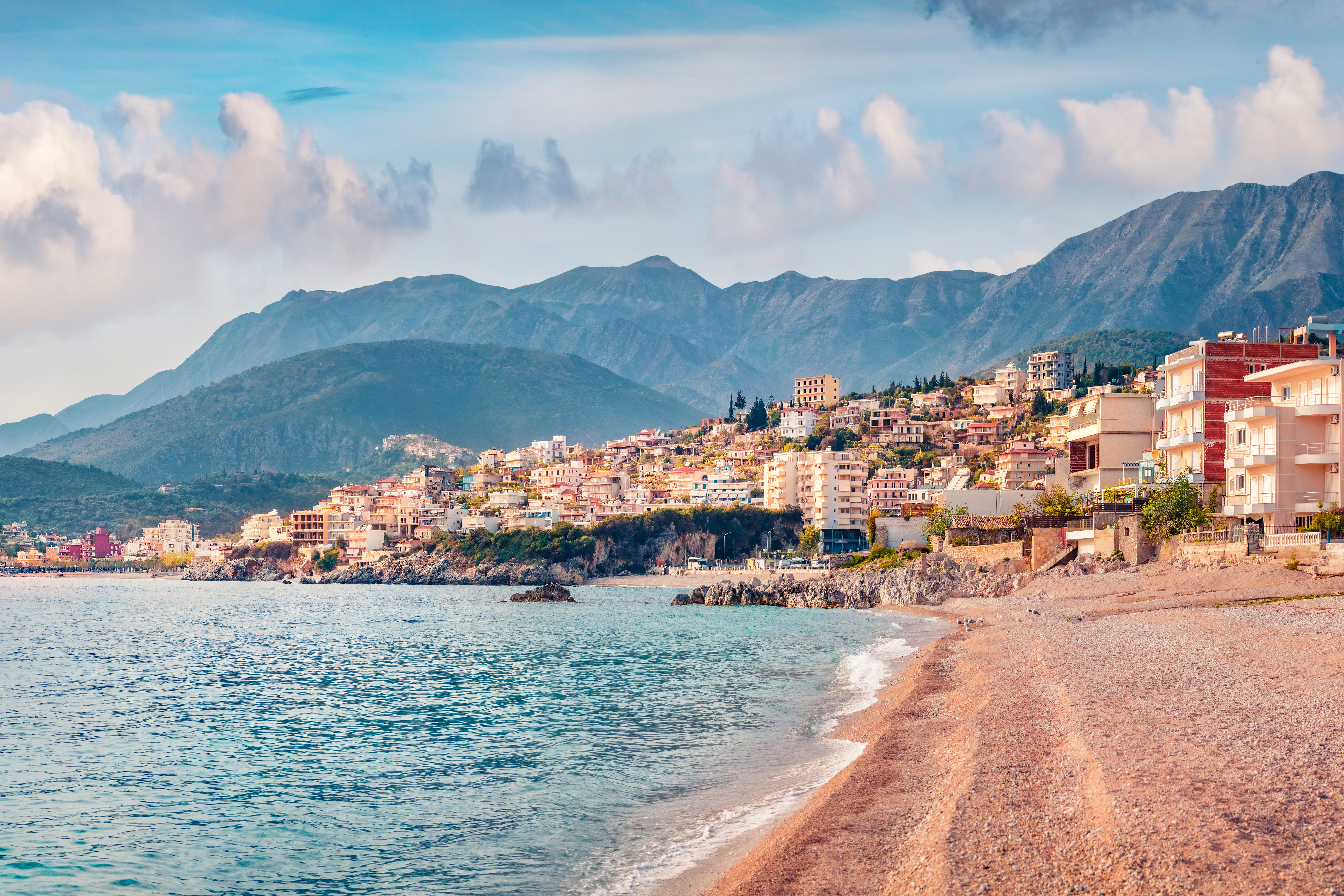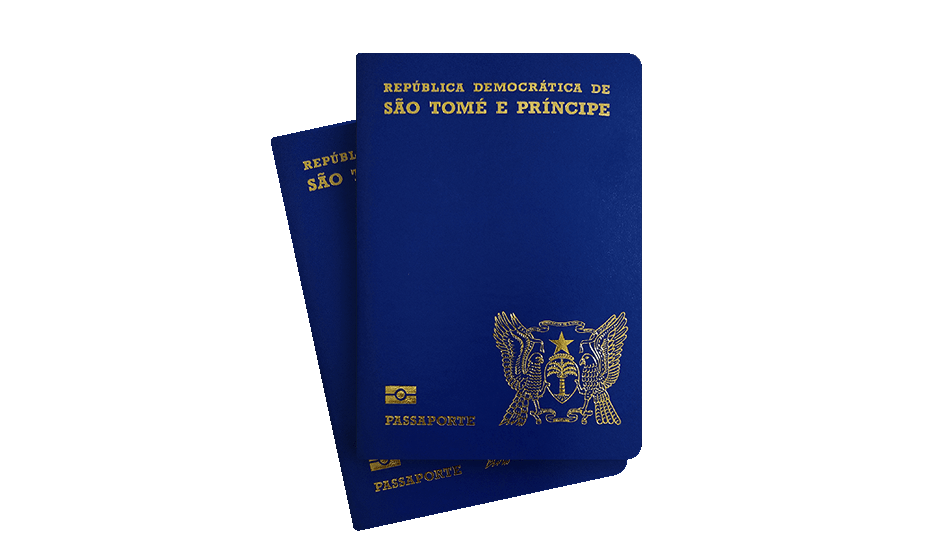A dual citizen is a person who simultaneously holds more than one national identity card in different countries. This can be either a second or dual nationality, depending on whether the countries concerned have signed an agreement on mutual recognition of citizens’ rights and obligations.
There is no specific law in international law that defines dual citizenship, and everything that concerns the conditions for its acquisition and the rights derived from it remains within the legal framework of the legislation of individual states.
The possibilities of having a dual citizenship include visa-free travel, which is granted by any of the national ID cards (you can evaluate the prospects using the passport comparison option), unlimited residence in any of the countries of citizenship, as well as interchangeability of duties of a citizen, if it is a dual status.
To learn more about the options for acquiring dual citizenship and to review , please contact an international law specialist.
Who is a dual citizen?
A dual citizen is a person with dual or second citizenship. In the first case, the status is called legitimate, i.e. both countries recognize the person’s two passports. There is also a notion of formal dual citizenship, when it is a second citizenship, and there are no treaties between the respective states on mutual recognition of rights and obligations of citizens. In such a case, a person can fully utilize the possibilities of his/her multiple status when choosing a place of residence and traveling, but in each country that issued him/her a national identity card, he/she is considered only a citizen of that country.
The pros and cons of dual citizenship
Whether a person has dual or second citizenship, the advantages of this legal status are:
- greater freedom to travel around the world – one can use the document of one’s choice, which allows entry without authorization into one or another jurisdiction;
- the opportunity to reside in any of the countries of citizenship for an unlimited period of time;
- a ready-made solution for urgent emigration;
- opportunities for tax optimization, which brings more favorable conditions for doing business.
Talking about the disadvantages of dual citizenship, one could mention the minimum number of countries that have signed such agreements. For example, Russia has signed an agreement only with Tajikistan, so only dual citizenship of the Russian Federation with Tajik citizenship is possible. Spain has agreements with Chile, Argentina, Colombia and some other countries of the South American region, however, no European countries are included in the list. In this case, any other foreigner, including a citizen of the Russian Federation, in order to obtain a Spanish passport, will have to renounce the current one, and this is not even a matter of a second citizenship.

Rights and duties of persons with dual or second citizenship
Besides the general civil rights, dual citizens have a number of additional rights:
- Recognized as a citizen in the home country. A foreigner is recognized as a dual citizen by both governments, which means, for example, that he or she can pay taxes in the country where he or she is a permanent resident and is legally exempt from similar responsibilities in the other country of citizenship.
- Dual diplomatic protection. A dual citizen can expect help and support from both countries when he or she is anywhere in the world, providing greater security and a sense of safety.

Civil duties include:
- Obeying laws and public order;
- Paying taxes;
- Respecting national symbols;
- Defending the country;
- Performing military service.
Where you can get a second citizenship without giving up your first
There are some countries that offer the most attractive options for obtaining a second passport in regards to terms and/or conditions.
Vanuatu
This is one of the few countries where investors can immediately obtain second citizenship. The process can take up to 3 months, and the investor’s family members may also participate. The investment amount starts from USD 130,000. If you include your relatives in the application, the amount increases, in addition you pay a security check (USD 5 000), the registration fee is USD 42.
Applicants are subject to minimum requirements regarding age (reaching the age of legal majority) and no criminal record. As a result, the applicant receives the right to operate in a tax-free zone and the opportunity for simplified issuance of a long-term visa to the USA, Canada, the United Kingdom, Schengen countries.
Sign up for a consultation
Argentina
Since the “law of the soil” applies here, the newborn automatically becomes an Argentine citizen, and the father and/or mother can apply for permanent residency and then citizenship on these grounds. As a result, family members receive a second passport for visa-free travel to 163 countries, including the United Kingdom, Japan and New Zealand. The child receives the status for free, while the parents pay a fee of about USD 7 for the status of permanent residents.
Sign up for a consultation
Chile
The birth of a child in Chile automatically grants Chilean citizenship. Parents can apply for a residence permit after 12 months in the country instead of the standard 24 months – this is mandatory for further passport applications. After 2 years of residence in the country, the father and mother can also apply for citizenship. The newborn receives the status for free, and the parents will have to pay some fees. The cost of a residence permit depends on the nationality of the applicant, a permanent residence permit – 119, the fee for naturalization is about 7 USD. The second passport of Chile gives the right to travel freely to 162 countries, including the USA.
France
In this country, it is possible to obtain a residence permit of the “talent passport” type for 4 years at once, and after 5 years of residence – a second citizenship by naturalization. Foreigners who plan to set up an innovative business in France can take advantage of this opportunity. The residence permit is also available to the family members of the main applicant. A fee of 225 EUR must be paid and the procedure can take up to 6 months.
A French passport allows you to reside in France for an unlimited period of time, to work and do business in any EU country without additional permits, and to travel freely in 177 countries.

How to obtain dual citizenship: overview of the different ways
According to the constitutional provisions of different countries, it is possible to define the main ways of acquiring a second or dual citizenship:
- Naturalization.
This is a process of long-term (5-10 years) legal residence of a foreigner on the territory of a foreign country, which is completed with the acquisition of citizenship. The applicant is subject to certain requirements regarding language integration, trustworthiness and financial solvency. Due to special circumstances, the duration of the procedure may be shortened and/or the terms may be simplified. - Repatriation.
Such programs operate in certain countries where, due to historical events, many citizens were forced to leave the country in the past or ended up abroad as a result of the redistribution of territories. The applicant must prove his or her territorial or ethnic affiliation to the state in order to obtain the status of a dual citizen in a simplified way. - Origin.
Children inherit their parents’ citizenship in this way, regardless of where they were born. In some cases, it may be possible to acquire two statuses by descent and become dual citizens, e.g. if the parents are of different nationalities. - Birth.
Status by birth is possible if the country has the law of the soil. In this case, a child born on the territory of a given country or even in its airspace is automatically entitled to a local passport.

In most cases, the only way to obtain a second or dual status is through naturalization. Therefore, the first step in this process is to examine the grounds for relocation that would allow for the issuance of a residence permit:
- Employment – refers to long-term formal employment, including as a highly skilled professional or as a transferred employee;
- Running a business – starting your own business or becoming self-employed;
- Investment – in most cases, only a residence permit is allowed, sometimes with more benefits than usual, although some countries grant citizenship on this basis;
- Family reunification – by law, in most countries, citizens and residents can bring their spouses, children under the age of 18, and adults if they are dependants, in some cases also parents;
- Education – in some countries, the period of time spent studying may not be counted towards the period of naturalization, but this opportunity to move makes it possible to find a job or open a business in the future and obtain the corresponding residence permit;
- Scientific activity – suitable for professionals with academic degrees who participate in research projects in a foreign country;
- Financial independence – refers to persons who receive stable income from abroad and can support themselves without working in the host country.

How to become a dual citizen: the process of obtaining a second passport
In many countries of the world, including most of the European countries, the period for obtaining a passport is 5-10 years. However, often entrepreneurs, investors and other applicants who make a significant contribution to the development of the country can obtain the status on more favorable terms or accelerated. The general procedure for citizenship by naturalization requires the following steps:
- Obtaining a residence permit. Based on a reasonable basis (investment, business, financial independence or other), the applicant applies for a temporary residence permit. The procedure for obtaining a temporary residence permit may vary – in some countries the application for residence is submitted immediately at the consulate / embassy, in others the application can be filed after arrival in the country.
- Applying for a permanent residence permit. Usually, once an applicant has been legally residing in the country under a residence permit, it is possible to become a permanent resident. After obtaining permanent resident status, the applicant is granted more rights – full access to the labor market, social benefits and others.
- Acquiring citizenship. In some cases, it is mandatory to have a residence permit in order to apply for citizenship; in others, however, this step can be avoided. The process usually includes language, legal, and historical tests, and there may be additional interviews and an oath ceremony.
Citizenship, residency or business relocation anywhere in the world
- Live and travel the world;
- Expand your business opportunities;
- Educate your children at the best universities in the world.

Leave an application and get a consultation specialist
Stateless persons
UNHCR is responsible for the documentation of cases of statelessness and the legal regulation of relations in this regard. The recognition of an applicant as a stateless person takes place within the framework of the relevant procedure when applying to the migration authority of the country in which the applicant is located. A temporary identity card, a certificate of non-citizenship or another equivalent document is issued as evidence.
The legal status of such foreigners is governed by the Convention relating to the Status of Stateless Persons of 28 September 1954, according to which stateless persons are not subject to any discrimination. In addition, there are laws and regulations in each country governing the various procedures for applicants.
One of the following ways can make you stateless:
- By birth.
Accordingly, if the child was born in a stateless family, he/she will not acquire citizenship either (unless the birth took place in the territory of the country where the law of the soil applies). Non-status cases may also be related to late registration of the newborn. - By the loss of your passport.
It is not about the physical loss of the document, but about its revocation, for example, due to violation of any laws of the country. This scenario is also possible if the applicant intended to obtain a passport of another state, for which he/she had to give up the current one, but as a result the new status was not assigned. - Due to certain political events.
Loss of citizenship status is possible due to changes in the borders of countries, their occupation by third countries, other forms of redistribution of territories. According to international law, such cases should have a legal settlement with the granting of any status to persons, however, it depends largely on specific situations.
Pros and cons of being a stateless person
Stateless status has the following disadvantages:
- Difficulty in traveling between countries. Since the person does not have a passport that could grant the right to visa-free travel, he or she must obtain special permits each time;
- No government protection. A stateless person can count on the support of the country in which he or she currently resides, but in practice the system does not always work effectively;
- Risk of discrimination in various areas. Despite the fact that, according to international law, stateless persons should have full access to work and education, not all countries have well-developed mechanisms for dealing with stateless persons;
- No voting rights. Persons with no citizenship status in any country cannot participate in political elections as voters, nor can they apply for relevant positions.

In positive terms, a stateless person has the right to apply for a passport of any country that he or she likes for one reason or another, having previously assessed the prospects of visa-free travel on a map. In many countries, stateless persons can even formalize their status more quickly than others. Such applicants are less at risk of being deported from their countries of residence or of becoming expatriates due to the lack of mechanisms for implementing these procedures. In many aspects, stateless persons do not have equal rights with migrants, but rather directly with citizens.
Rights and duties of stateless persons
Under the Convention relating to the Status of Stateless Persons of September 28, 1954, stateless persons in the host country are entitled to:
- Receive an identity card;
- Engage in formal employment and entrepreneurship;
- Buy and sell real estate;
- Get an education;
- Have access to social benefits and other forms of assistance from the government;
- Move freely within the country and choose their place of residence;
- Receive administrative assistance from local authorities in dealing with various issues;
- Receive assistance in integrating into society with a view to obtaining citizenship status as soon as possible.

Every stateless person residing in the chosen country has general obligations on an equal footing with other residents – to abide by the law and public order, not to pose a threat to national security, and to respect the symbols, traditions and culture of the state. In order to have access to all the above rights, a stateless person must legalize his/her stay in the host country. In other words, the applicant should apply to the local migration authority to register his/her status and obtain an identification document.
Support in obtaining a dual citizen status
Since in many countries in order to obtain citizenship it is necessary to give up the current passport, one should carefully choose a program for becoming a dual citizen. In order to determine the most favorable method for the applicant and to complete the process quickly, the professional assistance is required.
Lawyers take away the burden of preparing documents from the applicant, collect the dossier themselves, register the foreigner for visits to the authorized bodies and accompany him if there is such an opportunity. Specialists control the course of the case, have all the necessary information and ensure that the citizenship is issued in the shortest possible time. The applicant, on the other hand, does not risk making mistakes and is not concerned about them, but acts according to ready-made instructions without spending too much personal time.
Sign up for a consultation
















